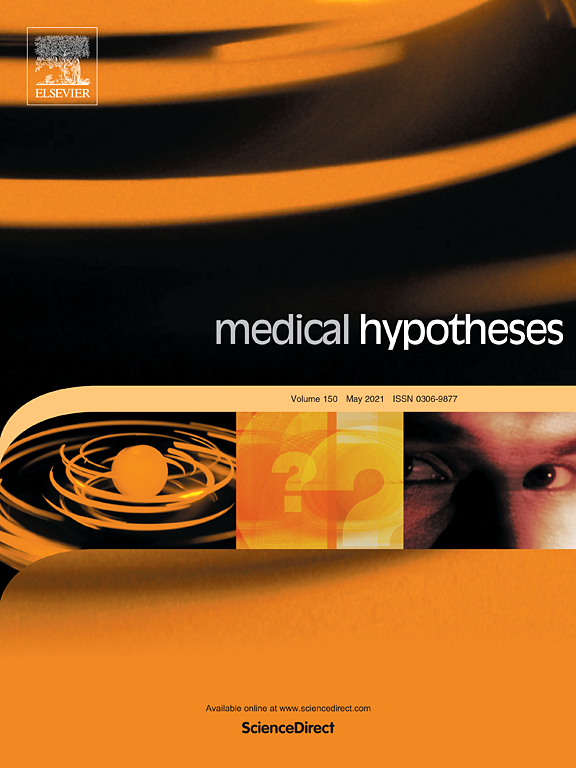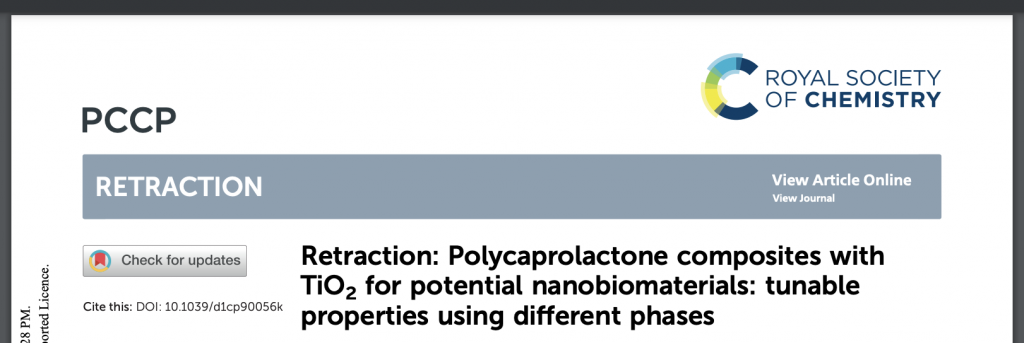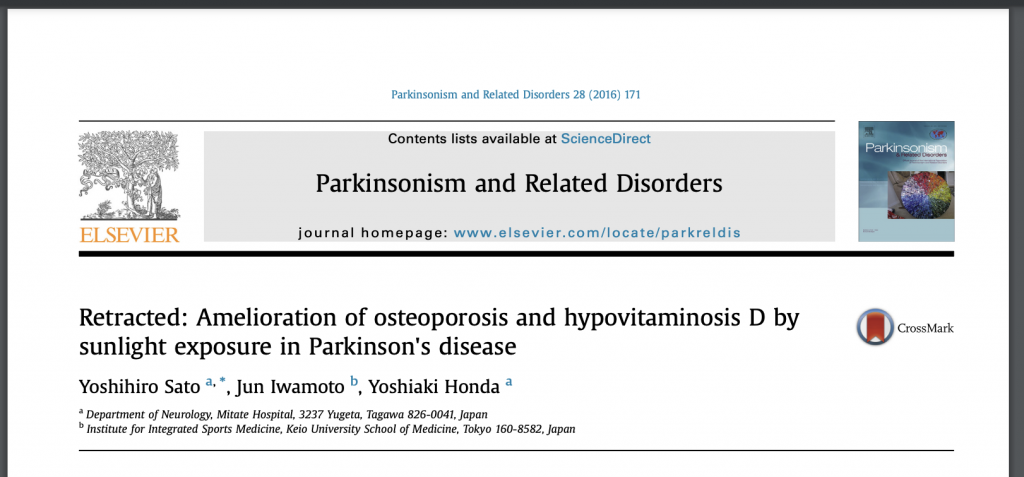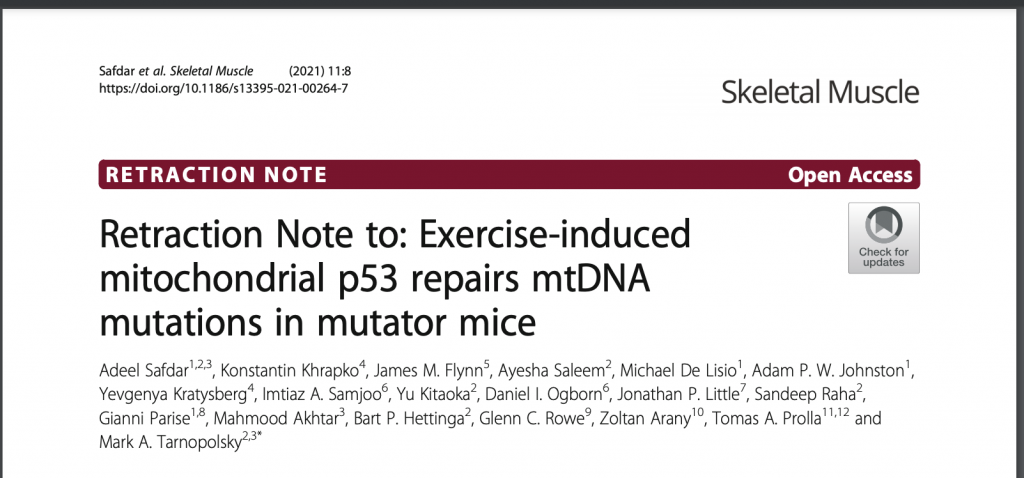A study that warned of the perils of using face masks as a precaution against contracting Covid-19 appears slated for retraction, Retraction Watch has learned.
[Please see an update on this post.]
The 2020 paper, “Facemasks in the COVID-19 era: A health hypothesis,” was written by Baruch Vainshelboim, who listed his affiliation as Stanford University and the VA Palo Alto Health System. But the study gained wide circulation earlier this month, thanks in part to some conservative politicians, and became the subject of fact-checks by the Associated Press and Snopes, which pointed out that
The paper was published by an exercise physiologist with no academic connection to Stanford University or the NIH in a journal that accepts “radical, speculative and non-mainstream scientific ideas.”
Among the claims in the article are that:
Continue reading Elsevier journal to retract widely debunked masks study whose author claimed a Stanford affiliation








